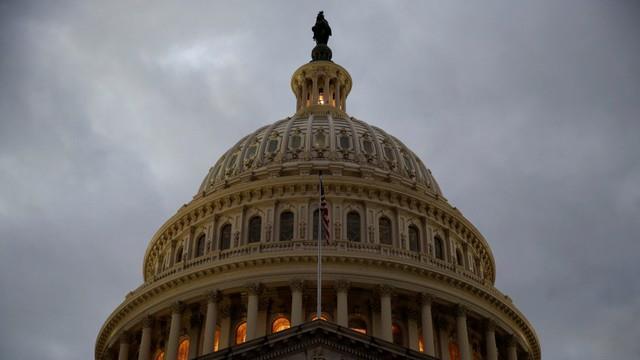Republicans bank on tax cuts to keep the House in midterms
Ahead of an increasingly narrow midterm election that will determine which political party controls the House and the Senate, Republicans are relying on a strong economy and the promise of a second round of tax cuts to bolster their chances in November.
“We’re really peaked toward and focused on this election: Do Americans want to go back to the bad old days?” Rep. Kevin Brady, R-Texas, said on Friday during an interview with FOX Business’ Maria Bartiromo. “Higher taxes, slow growth, our U.S. jobs going overseas. Or do they want to continue the momentum and opportunity we’re seeing today that was absent during all the Obama years?”
The U.S. economy has seen positive monthly job growth for the past 94 months -- a record high -- and unemployment is at an 18-year low. On top of that, the second quarter of 2018 was only the 10th quarter since 2000 in which economic growth topped 4 percent, at 4.1 percent.
Republicans are eager to claim victory for the economic achievements in the past 22 months, which they see as necessary to maintaining their control of the House and the Senate, and quick to warn of the economic perils that could follow if Democrats win control of Congress. (Trump administration officials have said the economic gains are largely due to the massive tax overhaul signed into law in December, the largest since President Ronald Reagan was in office).
“Do we really want Nancy Pelosi back in charge of the economy, and back in charge of your health care?” Brady said. “ObamaCare promised everything to everybody, and here we are four and five years later. Health care [is] still the number one concern of American families.”
It may be a fraught battle: According to a new poll by Quinnipiac University released on Wednesday, American voters back Democratic candidates over Republicans at 52 percent to 38 percent in the race for the House.
Less than two months away from the Nov. 6 elections, Republicans in the House Ways and Means Committee this week voted to move forward with a legislative effort that would ultimately bring in another round of reforms to the tax code, including making some of the previous changes permanent.
“We don’t want to go, and America doesn’t want to go back to those really, I think, disappointing days of the United States,” Brady said. “We want to go forward.”




















